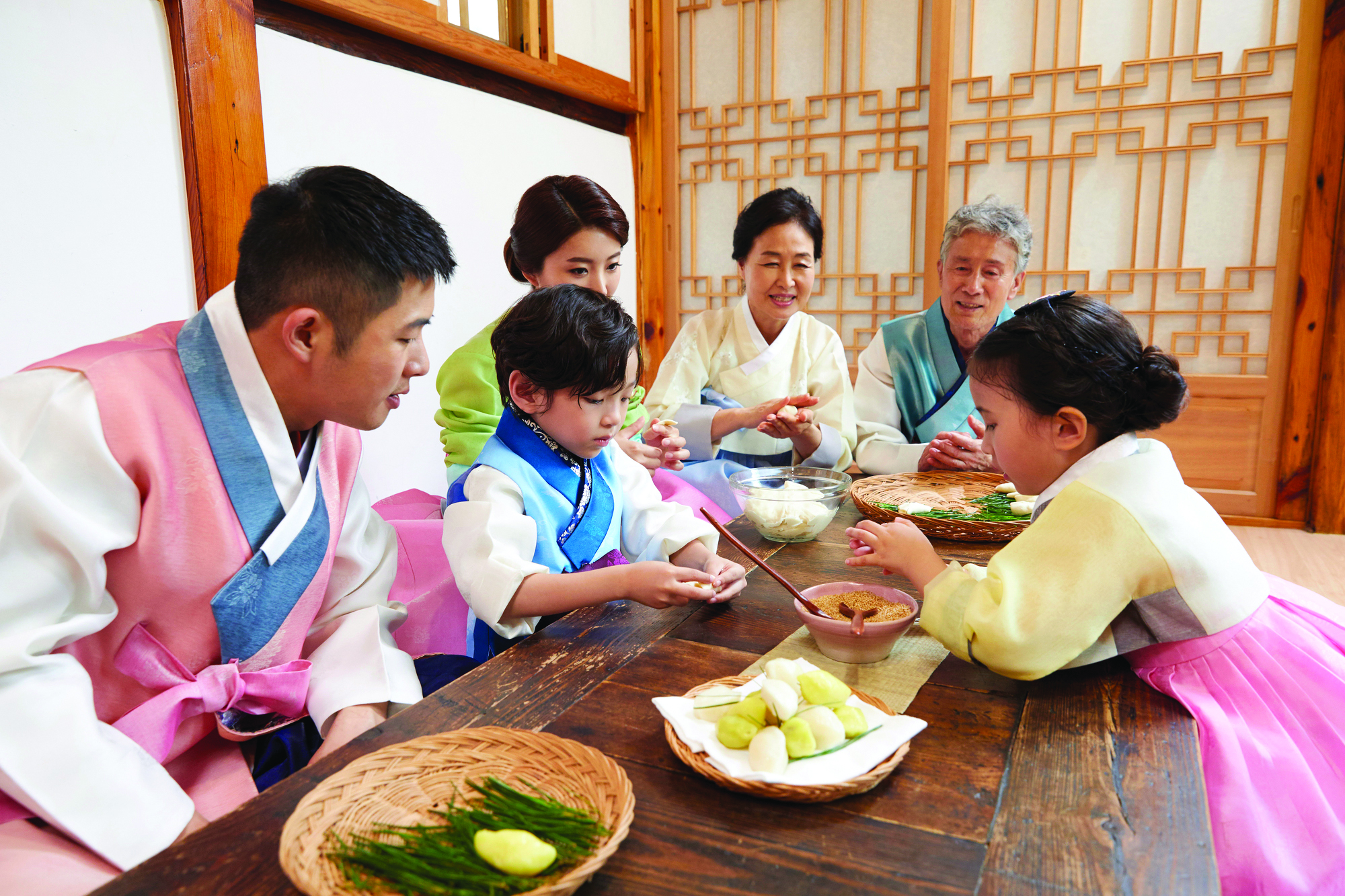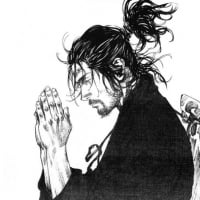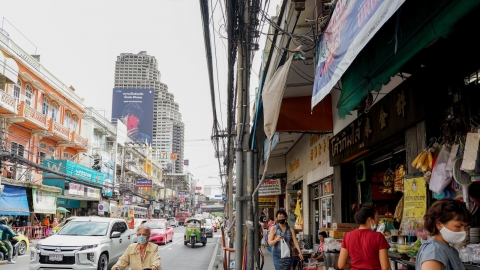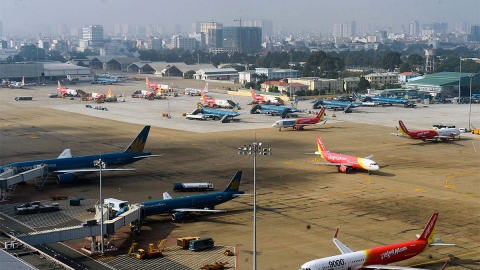According to Chang May Choon, a writer for the Straits Times, a recent survey indicated that only 19% of respondents planned to return to their hometowns or travel during the Chuseok holiday, South Korea's five-day Mid-Autumn Festival. The majority chose to stay in the city due to concerns about the pandemic, which is currently spreading rapidly in several areas. However, Chang May suggests that the fear among South Korean women of spending the entire holiday cooking also contributed to this trend.
For many wives and mothers in South Korea, Chuseok is not only a time for family reunions, but also a "season of rage," when gender discrimination within the family becomes most apparent. Actress Hwang Eun-jeong once recounted her experience preparing for Chuseok at her husband's home: "I had to get up at 3 a.m. to cook. I was confused, not knowing whether I was a wife or a hired worker at the restaurant."
Women do the cooking, men rest.
Just like in the movies, on every holiday, women—especially those married to the eldest son of the family—are busy all day preparing elaborate offerings, welcoming relatives, and cleaning the house after the guests have left.
Meanwhile, men can comfortably sit around eating, drinking, and toasting, without having to lift a finger to help with housework. Despite working hard, women's contributions during holidays like Chuseok are rarely respected or acknowledged by family members. Therefore, they always harbor resentment and anger, but are forced to suppress it.
The author experienced this firsthand when she visited her husband's cousin's house for Chuseok in 2015, after she moved to Seoul. As soon as she entered the house, Chang May was immediately pulled into the kitchen by the other female family members, who urged her to prepare a feast.
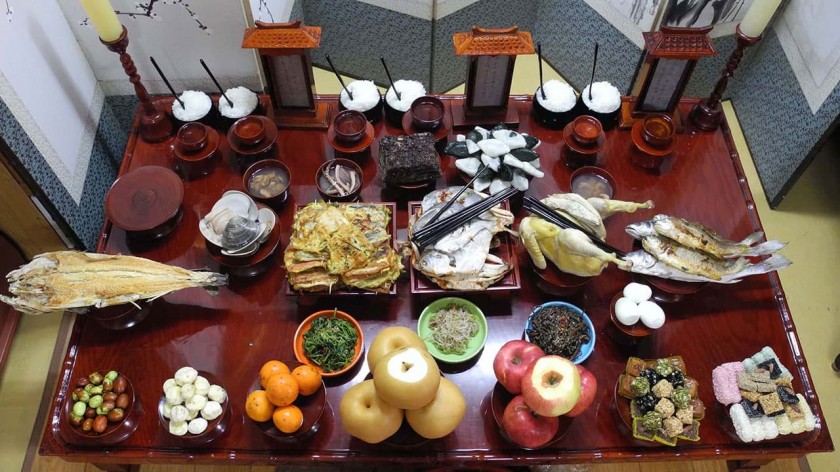
A ceremonial feast table during the Mid-Autumn Festival in Korea.
In contrast, her husband sat casually in the living room, sipping wine and snacks, chatting with the other men in the house. Amidst this lively and noisy atmosphere, Chang couldn't relax at all, standing in the kitchen, constantly frying jeon pancakes.
Even after the ancestral worship ceremony, the men immediately sat down at the table while the women had to wait. By the time it was her turn to eat, the jeon cake that Chang had made herself was all gone. However, the author is not the only one who has had such an experience. A friend of hers also recounted that her limbs ached after each holiday due to spending hours cooking and cleaning.
The smell of grease and food clung to her hair for days afterward. In reality, no matter how tired they were, wives didn't dare ask their husbands for help or refused housework for fear of incurring disapproving, scrutinizing stares from the elders in the house, especially their mothers-in-law. This experience made Chang realize that even in a modern country like South Korea, gender discrimination still exists, deeply ingrained in the ideology of many people.
"The 'Rage Syndrome' of Korean Women"
In South Korea, "hwabyeong," or "anger sickness," is the name of a psychological condition. Those afflicted often suppress their anger and resentment for extended periods, leading to symptoms such as shortness of breath, rapid heartbeat, headaches, anxiety, and depression. This psychological state affects over 10,000 people annually, particularly during or after Chuseok. Notably, women are the most susceptible to "anger sickness."
Furthermore, divorce rates tend to increase during the Mid-Autumn Festival due to heightened conflicts and disagreements between couples. Therefore, when the government discourages family gatherings of more than eight people at home during this holiday due to concerns about the Covid-19 pandemic, it becomes a source of joy for many wives and mothers.
Nowadays, many mothers-in-law are less strict and critical of their daughters-in-law because they don't want to repeat the hurt they once inflicted on others. Women with higher education and financial independence are also more aware of gender issues and are willing to fight for their rights.
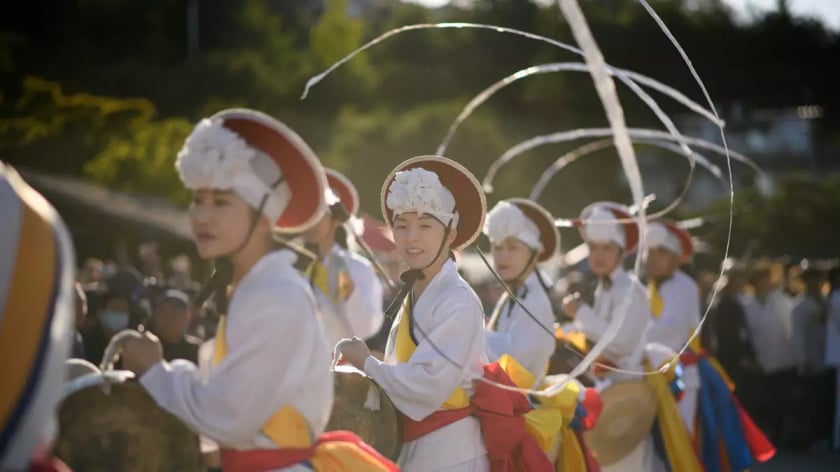
Korean women suffer from "anger syndrome" when it comes to the Mid-Autumn Festival.
A friend of Chang's said that her mother always treated her daughters-in-law kindly and enthusiastically, never requiring them to cook during Chuseok.
"She didn't want any girl, whether her daughter or daughter-in-law, to have to endure that suffering anymore," she said.
Another friend said that her mother encouraged her to pursue her passions, not being bound by societal norms like "having to get married" or "having to take care of a family."
"I saw how much my mother suffered because she had no choices. Now, women have more choices, and it's not necessary to get married and suffer such disadvantages," she shared with the author. This year, Chang's family chose to stay in Seoul for Chuseok. Sometimes, she wonders if she will develop "anger sickness" if she continues to return to her husband's family home for the holiday like she did last year.

 VI
VI EN
EN



